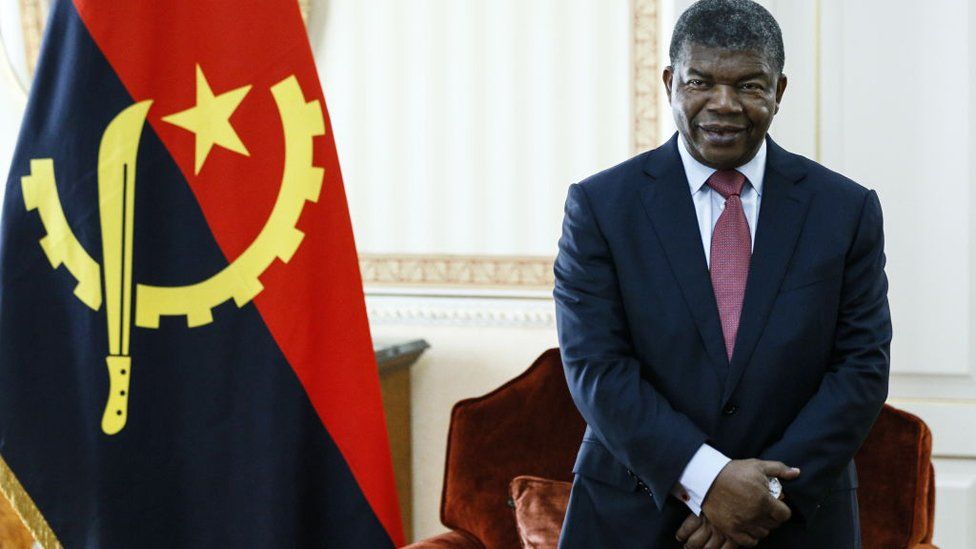LUANDA (Reuters + Diplomat.so) - A second term for Angolan President Joao Lourenco may have disappointed many voters keen to break with five decades of one-party rule, but many would still admit he's done much to tackle corruption within its ranks.
Lourenco, 68, and the MPLA were declared winner of Wednesday's presidential and parliamentary election, after a tally of votes by the electoral commission showed he'd won by 51.17%. It was the smallest margin of victory the party has ever had.
Few knew what to expect when this quiet, dour-faced former defence minister took power in 2017 in the country that gained independence from Portugal in 1975.
Many wondered how he would break the powerful hold of his now late predecessor, Jose Eduardo dos Santos, who'd spent 38 years in power consolidating control over the state while his relatives amassed billions of dollars from the oil wealth flowing into its coffers.
But Lourenco surprised almost everyone with how quickly he tightened his grip over the ruling People's Movement for the Liberation of Angola (MPLA) and launched anti-corruption investigations against Dos Santo's children and other leading lights in the party.
All deny wrongdoing and see themselves as victims of a witch hunt. However, within two years, Angola, on the west coast of southern Africa, had recovered $5 billion stolen from state coffers, authorities said, much of it from the sovereign wealth fund.
Lourenco has also promised to reform one of the world's most unequal economies, whose spurts of oil-fuelled growth have done little but pile up riches inside the gated compounds and offshore bank accounts of top MPLA officials.
Here, at least so far, he has been less successful - as evidenced by Angola's stubbornly high poverty rate of around half the country, while more than half those under-25 are jobless. It was for that reason many angry, destitute youths voted for his rival, UNITA leader Alberto Costa Junior.
SOLDIER TO POLITICIAN
Born in Lobito, in Angola's coastal Benguela province, Lourenco's family was involved in the struggle for independence against Portuguese rule. His father, a nurse, was jailed in Luanda for political activity between 1958 and 1960.
In his early 20s, Lourenco joined the Marxist MPLA rebel movement in 1974 in exile in Congo Republic, and was part of the first group of to enter Angola during an anti-colonial rebellion that succeeded in late 1975.
Like many African soldiers in leftist regimes, he received military training between 1978 and 1982 in the former Soviet Union, where he got a masters degree in history before returning home. There, he eventually turned from soldier into politician.
His victory means a likely continuation of Angola's geopolitical tight-rope walking between Russia and the West.
Lourenco has tried to repair ties with Washington, and just before the elections applied to join an existing trade agreement with the European Union and southern African states. But owing to MPLA's historical strong Russian ties, Angola abstained from the U.N. resolution condemning the war in Ukraine.
In an early sign of his leadership style, as governor of Benguela province from 1987 to 1990, Lourenco cracked down on corruption and even jailed members of his own party.
But the MPLA has known since he took power that just going after members of former ruling family will not be enough to stave off a decline in their popularity.
Angola needs serious reforms, analysts say, and unless Lourenco can deliver them his MPLA successor at the next election might not be so fortunate.









Leave a comment